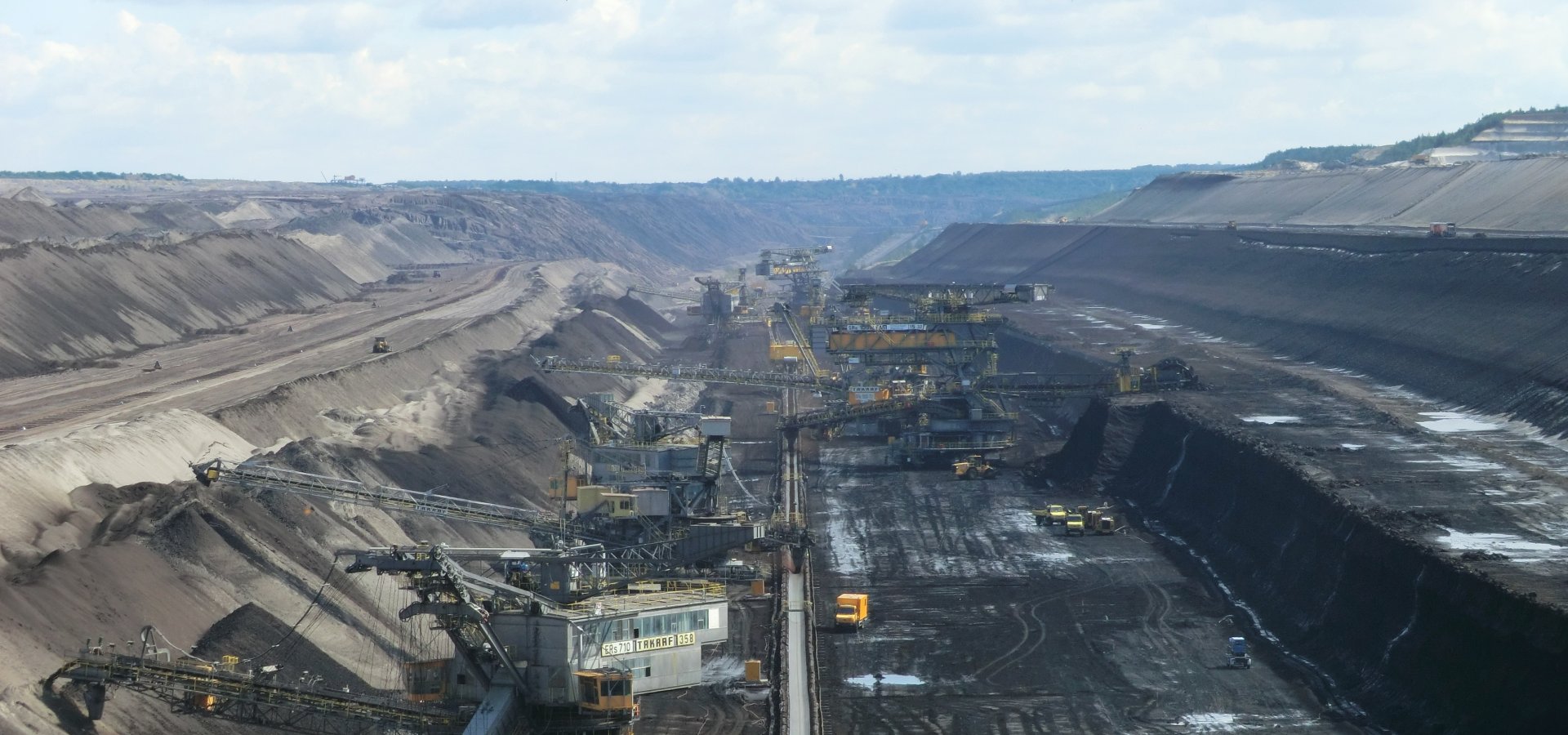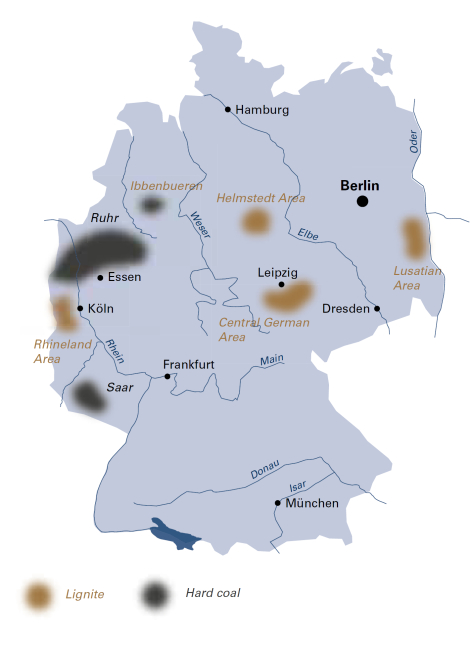Germany closes last coal mine
December 23, 2018 | Expert Insights

Germany will close its last black coal mine on Friday, a milestone marking the end of a 200-year-old industry that once fuelled the country’s economic growth.
This is the latest step in the push for green fuels and alternatives fuel sources in Europe’s largest economy.
Background
Germany’s first deep-shaft coal mine opened in the 1820s, helping fuel the country’s industrial revolution as well as its military might during two World Wars. It also played a crucial role in Germany’s reconstruction, with mining employment peaking at over 600,000 workers in 1956.
Concern about the demise of coal jobs in Germany highlights a growing backlash over the changes environmental policy are forcing on heavy industry everywhere. From President Donald Trump’s election in the U.S. to the divisions that brought down Australia’s last government, efforts to rein in fossil-fuel emissions are starting to cut into fields that once provided secure jobs, and the workers with the most to lose are becoming more vocal.
Propping up coal mining has cost Germany some 40 billion euros since 1998, and continuing those payments have become untenable as the country struggles to meet targets to reduce greenhouse gas emissions.

Analysis
Germany will shut down its last black coal mine in the latest step for the encouragement of alternative and renewable fuel sources.
The remaining 1,500 workers at the Prosper-Haniel mine in Bottrop will make their final descent into the pit’s belly, greeting each other one more time with the traditional “Glueck auf, Kumpel,” or “Good luck, buddy.”
The miners will end their shift by bringing up the last chunk of “black gold” and handing it to President Frank-Walter Steinmeier in a ceremony also to be attended by European Commission chief Jean-Claude Juncker.
Dating back to the 19th century, the coal mines, plants and steel mills that once dotted the Ruhr basin were long the beating heart of Germany’s industrial prowess, powering its economic “miracle” after World War II. At its peak, the mining industry employed some 600,000 people.
However, Germany’s dominance in the black coal market started to wane in the 1960s as foreign rivals made it cheaper to import the raw material. Today, most of the black coal, also known as hard coal, used in Germany’s coal-fired power plants comes from Russia, the United States, Australia and Colombia.
Chancellor Angela Merkel’s government decided in 2007 to phase out state aid and shutter the last black coal mines by 2018 — giving the workers of Prosper-Haniel 11 years’ notice. The long preparation has been credited with avoiding large-scale upheaval or angry protests, with many opting for early retirement.
“We made sure nobody was left high and dry,” Michael Vassiliadis, head of the IG BCE mining union, told the DPA news agency.
Some of the pitmen will continue to labour at the site to carry out dismantling tasks. The company in charge of the cleanup will also need people in the years ahead to pump out dirty mine water to prevent it from mixing with groundwater and possibly contaminating drinking water resources.
Germany’s goodbye to black coal mining is by no means an exit from coal altogether: The fossil fuel still accounts for almost 40 per cent of its energy mix — partly because of Merkel’s decision to ditch nuclear power.
To the dismay of environmentalists, Germany still has numerous open-pit mines that extract lignite or brown coal, which is softer, cheaper and more polluting than black coal. However, it is an industry increasingly under threat as countries around the world look for ways to phase out fossil fuels to combat climate change.
A government-appointed commission will in February announce a roadmap for exiting coal as part of efforts to make Germany carbon-neutral by 2050.
Assessment
Our assessment is that Germany’s closure of the last coal mine seals the fate of Germany energy needs in the hands of renewable sources such as wind and solar. We believe that Germany has a sufficiently capable renewable energy industry to meet domestic energy demands. We also feel that other countries who may depend on coal-based power plants may not be able to phase out the fuel source due to lack of alternative or funds.








Comments